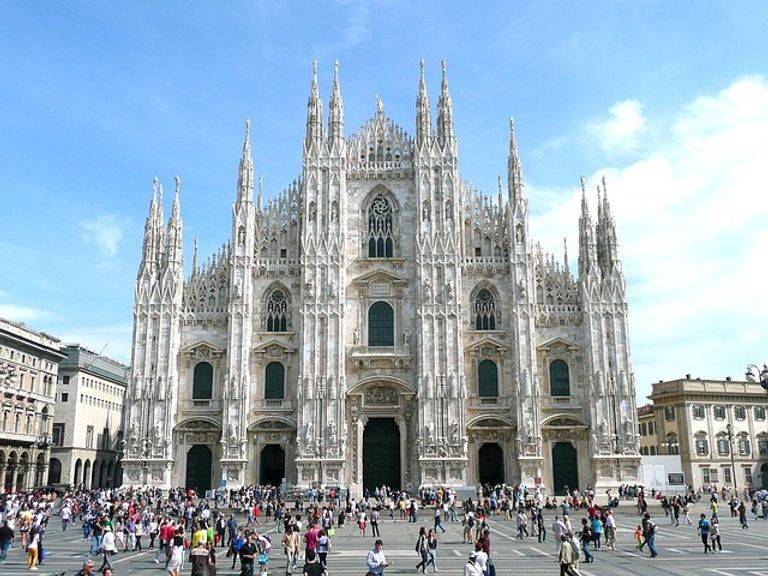The Italian city of Milan plans to require buses and trucks to install sensors for blind spots in an effort to reduce road casualties among cyclists and pedestrians after a series of accidents, some of which resulted in fatalities and led to protests. The city is also working to tighten its congestion charging rules in a bid to reduce pollution and traffic in a city that has long had air quality below European Union standards.
Under the new rules, which will take effect on Monday, entry for vans, buses, and trucks will be banned from most areas of the city from Monday to Friday during working hours unless they are equipped with sensors, alarms, and warning labels. Some temporary exemptions will be implemented until 2024 or 2025 to give drivers time to adjust to the new rules.
A study conducted by Paolo Buzotto, a professor of urban planning at the Milan Polytechnic University, revealed that bicycle accidents in Milan rose to 1,250 in 2021 and 1,467 in 2022, up from 980 in 2014 and 1,060 in 2019. On September 21, cycling advocacy groups protested at four separate locations, disrupting traffic while holding signs that read "Enough deaths on the streets," "Peace on the road," and "We want safety now."




